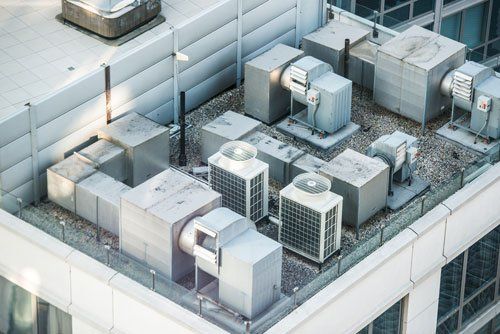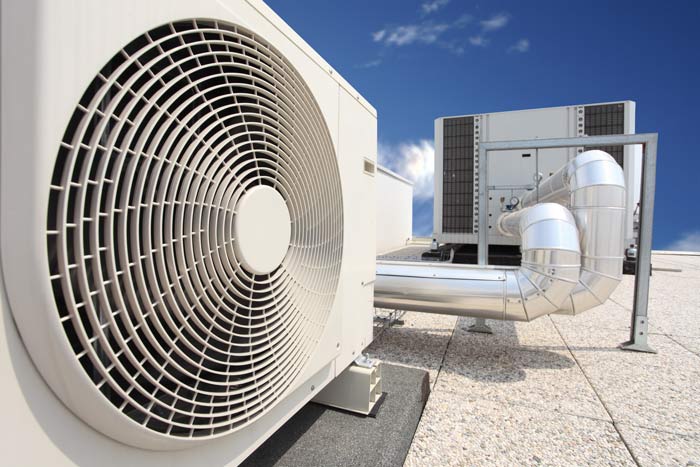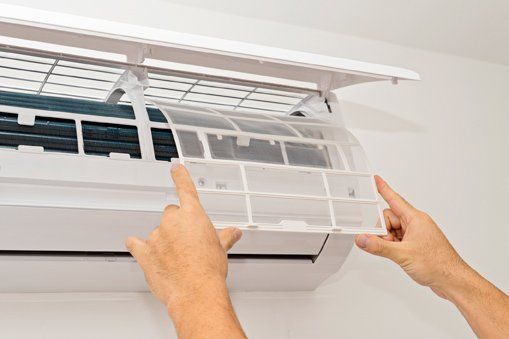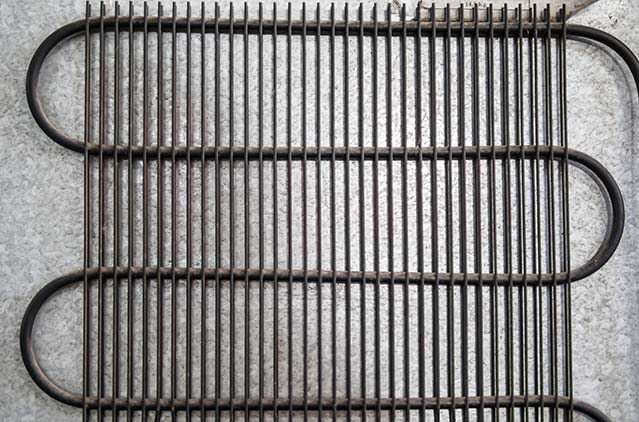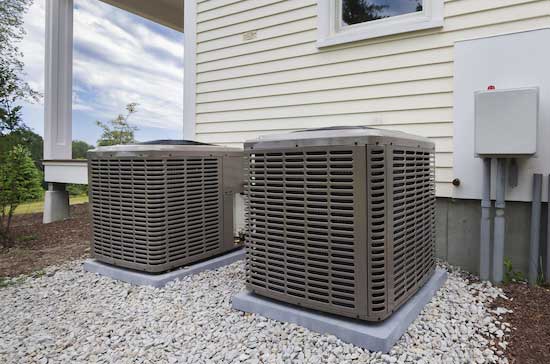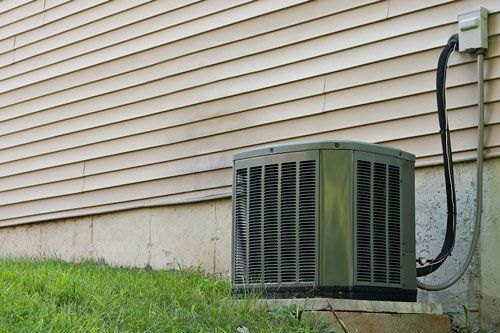Friend or Foe: A Guide to Common Furnace Odors
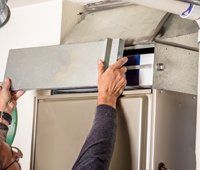
Winter is just around the corner, and if you have not turned your heat on already, you'll be doing so soon. This is a common time of year for furnace troubles to appear. As a furnace sits unused all summer, corrosion can accelerate, and changes in temperature can also cause certain components to crack.
Sometimes the first sign that something is amiss with your furnace is a certain smell, but not all odors are troublesome. Read on to discover common furnace odors and what each one indicates.
Dusty Smells
If you notice a dusty scent when you turn on your furnace — a scent similar to what you smell when you step into a storage room or an attic — do not worry. This is a common smell for when you first turn your heat on for the year. As the furnace sits unused, dust accumulates on the internal components.
Additionally, if you have not used your air conditioning in a few weeks or months, then there may also be dust in your air ducts, which gets blown out around the home when you turn the heat on.
The dusty smell should dissipate in a day or two. Dust and vacuum your home and change the air filter after the furnace has been on for a few days — this gets rid of the dust that was displaced.
Smoky Smells
A faint smoky odor with no actual smoke present may just indicate that dust has accumulated on the furnace burner. If the smoky odor is strong, you actually see smoke, or the smoke alarm goes off, then you have a more serious issue. Turn the furnace off immediately.
If the smoke is thin, you may enter the basement with caution to open windows and ventilate the space. Call your HVAC contractor to come look over the furnace.
If the smoke is thick and you have any suspicion of an actual fire, call your local fire department to come investigate and wait outside the home until they arrive. Your furnace's vent pipe or chimney may be blocked, or there may be a plastic or rubber component that has caught fire.
Rotten Egg Odors
This is perhaps the worst smell you can detect coming from your furnace. Natural gas is naturally odorless, but the gas companies add sulfur to give it a distinct odor. If you smell that sulfurous rotten egg smell, then you have a gas leak, which can be incredibly dangerous because airborne gas can combust and cause an explosion.
If you know where your home's main gas valve is and can access it quickly, then turn it off and leave the home. If you cannot easily access the gas valve, turn off the furnace and leave the home. Call the fire department — they will examine the situation and let you know when it's safe to go back inside.
When your home is deemed safe, call your HVAC company, and do not turn the heat back on until they have examined and repaired your equipment. They may have to collaborate with your gas company — depending on the exact problem at hand.
Chemical Odors
If you smell an odor that reminds you of preservatives and embalming fluid, chances are you have a cracked heat exchanger. The heat exchanger is a component that transfers heat from your furnace's burner to the air. If it cracks, then carbon monoxide can leak into the air. This is a dangerous situation, and cracked heat exchangers claim multiple lives each year in the U.S.
If your carbon monoxide detector is ringing and you have symptoms like headaches, nausea, and confusion, then head to the emergency room or urgent care center. Turn off your furnace and contact an HVAC professional. They may recommend replacing your heat exchanger or replacing the entire furnace — depending on its age and the extent of the damage.
Dusty odors at the beginning of the heating season are nothing to worry about, but strong smoky odors, the scent of rotten eggs, and chemical odors all suggest something is seriously wrong with your furnace. Contact us
at Eagle Refrigeration & Mechanical, LLC if you notice any worrisome furnace odors this winter.
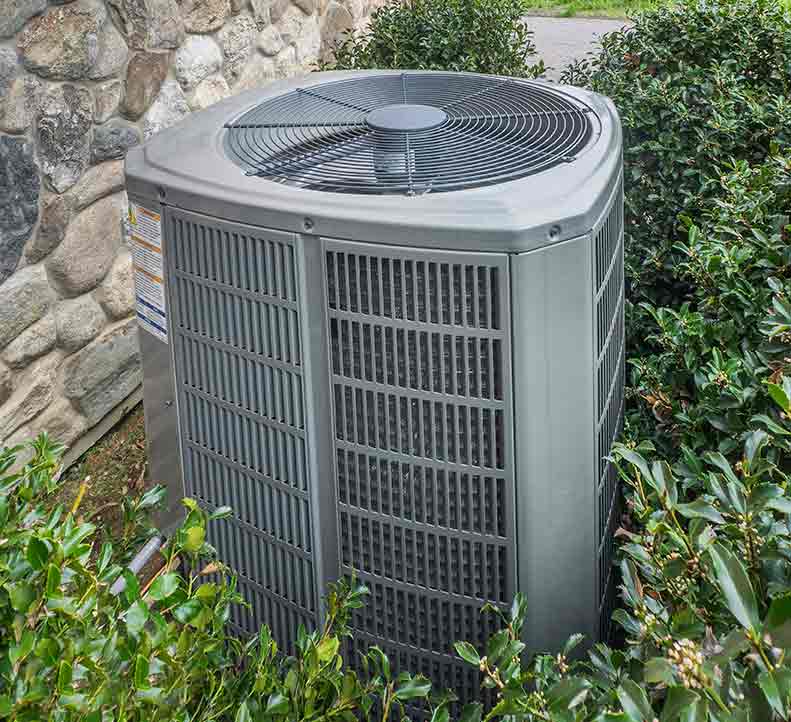
Few things are more inconvenient than your air conditioner not working. Many issues can cause the air conditioner to not work, some of which are significant. The compressor in the air conditioner is a crucial part of the system. When the compressor fails, not only will your home become uncomfortable, but you can also expect a pretty expensive repair bill. Fortunately, compressor failure is preventable - if you maintain the system on a routine basis with a licensed HVAC technician. The following are some problems that lead to system failure that you can prevent with regular servicing.


